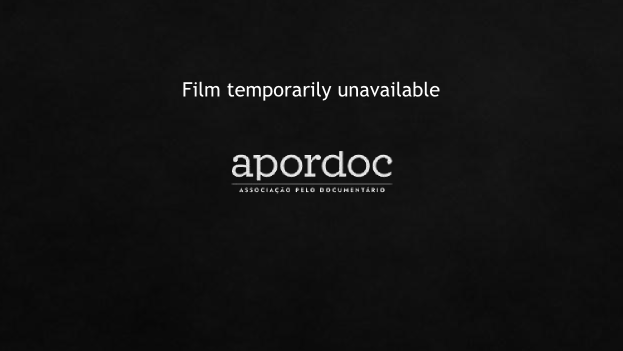
Romanes
Director Annja Krautgasser
Countries Austria, Italy
Duration 16 min
Synopsis
An interrogation. Young people look into the camera. Somewhat shyly. Some of them smile. They provide information, about their daily lives, their friends, their jobs. A number of them are unemployed. Their desire for a job, “any kind of” job, their own apartment, a family. Serious moments are accompanied by a certain amount of reserve in the camera’s presence—and their enjoyment of the situation provides a stark contrast. The border between them and the surrounding visual space is permeable. There are apparently some others off camera that the interviewees glance at occasionally, which increases their confidence. The interviewers are soon revealed to be playing along in this game of questions and answers, which is somewhere between friendly provocation and knowing consent. “How old are you?”, Romana, a girl in the initial stage of puberty, is asked politely. “Me? Seventeen!”, she lies with a smile. “What’s your hobby?” continues the interviewer, switching to a familiar tone. “My hobby?”, Romana thinks before answering: “Leaving the camp.” The question of where she goes is followed by more thinking. Then she turns to the side and asks someone, “What does hobby mean?” The camp, home to Roma and located in Rome’s Centocello neighborhood, represents normality. The world outside is a “hobby,” and they don’t know precisely what it is. Or it’s a dream that fills out their reality. Reality is for them a dreary life of poverty and even worse prospects for employment. For this reason the young people who are given an opportunity to work with cameras and ask the questions in this video project tend to depict themselves while dreaming. Or actively shaping a social role they grow out of in their play with and in front of the camera rather than (re)presenting it as their personal fate. Solely the two Italian guards, who have the same first name and who have both been on the job for 30 years, seem to be pinned down by fate. When Romana’s asked if she’s Italian, she answers no, and the interviewer—in this case a woman—corrects her firmly. She was born in Rome, so she’s Italian. This role playing, mostly cheerful up to this point, suddenly turns serious when the young people find a way to express themselves as an ensemble which calls their role into question, thereby redefining it. Robert Buchschwenter
An interrogation. Young people look into the camera. Somewhat shyly. Some of them smile. They provide information, about their daily lives, their friends, their jobs. A number of them are unemployed. Their desire for a job, “any kind of” job, their own apartment, a family. Serious moments are accompanied by a certain amount of reserve in the camera’s presence—and their enjoyment of the situation provides a stark contrast. The border between them and the surrounding visual space is permeable. There are apparently some others off camera that the interviewees glance at occasionally, which increases their confidence. The interviewers are soon revealed to be playing along in this game of questions and answers, which is somewhere between friendly provocation and knowing consent. “How old are you?”, Romana, a girl in the initial stage of puberty, is asked politely. “Me? Seventeen!”, she lies with a smile. “What’s your hobby?” continues the interviewer, switching to a familiar tone. “My hobby?”, Romana thinks before answering: “Leaving the camp.” The question of where she goes is followed by more thinking. Then she turns to the side and asks someone, “What does hobby mean?” The camp, home to Roma and located in Rome’s Centocello neighborhood, represents normality. The world outside is a “hobby,” and they don’t know precisely what it is. Or it’s a dream that fills out their reality. Reality is for them a dreary life of poverty and even worse prospects for employment. For this reason the young people who are given an opportunity to work with cameras and ask the questions in this video project tend to depict themselves while dreaming. Or actively shaping a social role they grow out of in their play with and in front of the camera rather than (re)presenting it as their personal fate. Solely the two Italian guards, who have the same first name and who have both been on the job for 30 years, seem to be pinned down by fate. When Romana’s asked if she’s Italian, she answers no, and the interviewer—in this case a woman—corrects her firmly. She was born in Rome, so she’s Italian. This role playing, mostly cheerful up to this point, suddenly turns serious when the young people find a way to express themselves as an ensemble which calls their role into question, thereby redefining it. Robert Buchschwenter